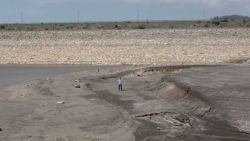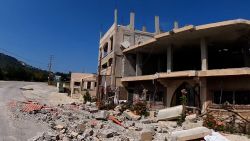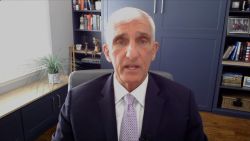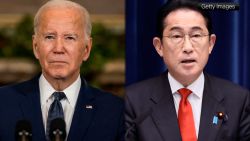The British Heritage super tanker is owned by BP, under a British flag, and on charter to an Anglo-Dutch company, so it’s unsurprising that the ship appeared to abandon suddenly its plans over the weekend as it sailed within sight of Iran.
Anger in Iran had been growing over the seizure of one of its tankers by British commandos off the coast of Gibraltar last week, and the country’s military had threatened some kind of retribution.
So instead of loading up with 140,000 barrels of oil in the Iraqi port of Basra on Friday, the British Heritage instead steamed off empty to safe haven in a Saudi port, according to data from the tracking platform Marine Traffic.
On Wednesday, the tanker switched off its identifying beacon for almost 24 hours, perhaps trying to blend in amid the dozens of other vessels cluttering the Persian Gulf. It then picked up an escort from HMS Montrose, a British Type 23 Frigate, for a sprint through the Straits of Hormuz, unburdened by cargo.
The skipper’s instincts were dead on. According to sources in the British Ministry of Defence, the Montrose drove off three Iranian gunboats that sought to herd the tanker into Iranian waters in or near the Straits of Hormuz.
HMS Montrose manned its guns and leveled its 30-millimeter automatic cannon to add menace to the verbal warnings given to the Iranian ships to clear off.
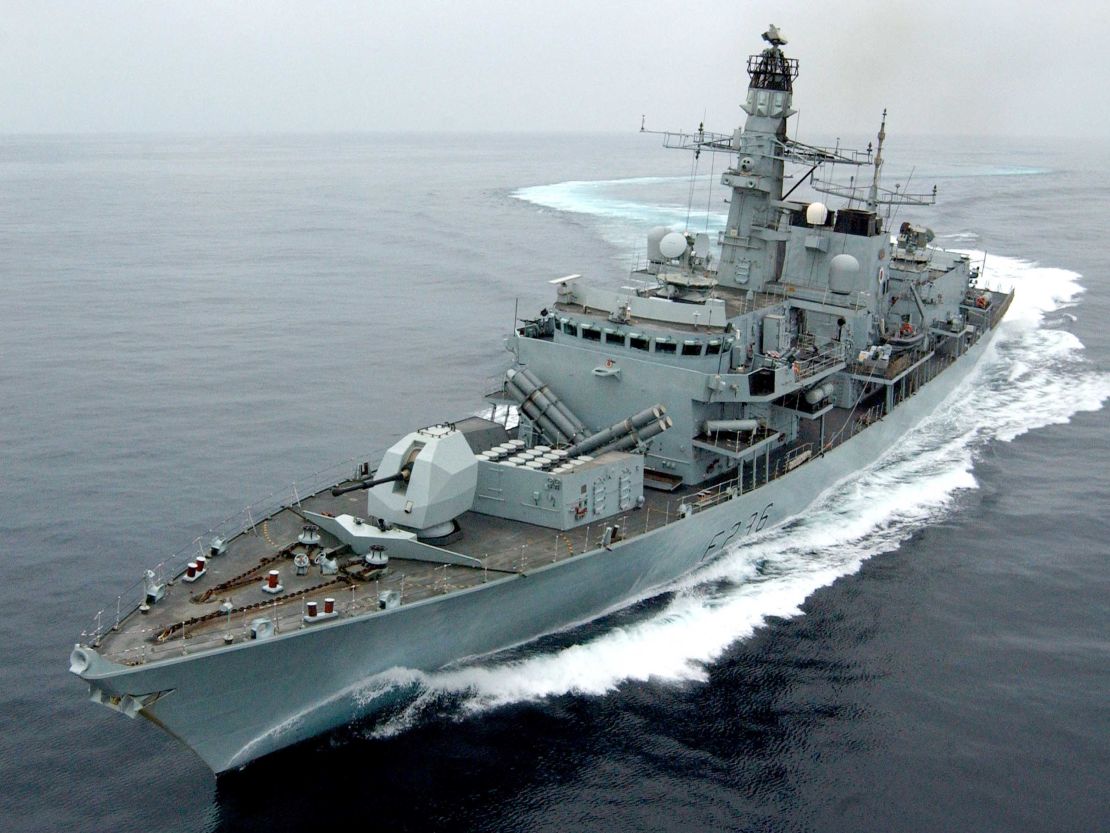
The Iranians deny the incident ever occurred. But the United States says it filmed the whole scene from spy planes, cataloging another near miss of potentially global significance.
Two different approaches to Iran
The waving of cutlasses in the narrow waters between Arabia and Iran was the moment when two different and competing approaches to Iran between Western allies crossed.
Iran is furious with Britain over the seizure of its Grace 1 tanker which, according to officials in Gibraltar, is being held on suspicion of breaking oil sanctions on Syria.
The ship’s captain and chief officer were arrested Thursday on suspicion of breaching EU sanctions relating to Syria, the Gibraltar Police said.
All of NATO, and much of the world outside of Moscow, has been dismayed and horrified by Iranian support for Bashar al-Assad’s regime in Syria. The UN and European Union (along with Israel and the US) have repeatedly condemned Tehran’s support for the murderous government in Damascus.
But the UK, France, Germany, the EU, China and even Russia (which also backs Assad) have also been vocal in their support for Iran’s adherence to the nuclear deal struck in 2015.
The US walked away from that pact last May. The Trump administration said it was a bad deal and that it did not, in any case, end what the West (and many Arab allies) see as Iran’s destabilizing role in the region, where it has proxy militias in Iraq, Yemen, Lebanon and Syria.
After withdrawing from the nuclear deal, the US imposed heavy bilateral trade sanctions on Tehran. Washington has further threatened to cripple any company or entity that does business with Iran through complex financial restrictions. These have choked off Iran’s oil experts by four-fifths.
The Europeans think this is a very bad idea. They’ve been working on trying to keep the nuclear deal alive by coming up with Instex, a system of trading with Iran that would actually bypass US sanctions and provide an incentive for Tehran to stick to the nuclear plan.
Iran has slowly, and gingerly, broken through the restrictions agreed under the deal. But not by much. It wants the deal to stick and to see the benefits of economic revival.
Western nations rattled
Iran’s power lies in its ability to rock the boat without sinking ships. Recently, its alleged actions have rattled the Western allies and spurred India into deploying two warships .
US and British officials say that Iran has conducted covert operations against shipping in the Gulf of Oman, the entrance to the Strait of Hormuz, accusing the country of holing six tankers with limpet mines and shooting down an American drone.
These operations, they say, are intended to show how vulnerable the global oil trade is to Iran’s hold on the channel, which is only 21 miles wide at its narrowest point. The intent, according to Washington and London, is to try to force the US to lift its sanctions.
While the US is currently trying to get an international military coalition organized to police this vital sea passage, the UK might have assumed – since it did not support US sanctions on Iran – that its ships were safe from Iranian attacks.
But that was before Britain seized the Grace 1 last week, and before the Iranians apparently struck back on Wednesday.
What Iran wants
By threatening to retaliate to any escalation in the use of force with attacks on US (or allied) targets all over the Middle East, Iran is daring even the noisiest hawks in Washington, such as national security adviser John Bolton, to use their talons.
But they dare not, at least for now, as the stakes are not yet high enough: Iran isn’t close to getting a nuclear weapon. And it hasn’t had any long-term strategic or even tactical effect on global economic interests in the Gulf yet.
An angry and cornered Iran – that’s dominated by the revolutionary military creed of “permanent resistance” (to the US and above all Israel) – could still escalate violence to a level it may tolerate but few others would. But what Tehran really wants is to talk.
US President Donald Trump has offered talks without preconditions. They would focus, he says, on totally ending Iran’s ambitions of developing a nuclear weapon. His officials have added that they must also put an end to Iran’s “destabilization” of the Middle East and herald a genuine change of direction for the clerics who have been in power since 1979.
If the US could somehow signal to Iran that talks will be in its genuine interest and persuade it that escalation is in nobody’s interests, then this moment in history can go beyond cocked weapons and threats.
But Iran says it won’t talk while the US is stifling its economy with sanctions. Iranians believe that US policy is being run by the Iran hawks that Foreign Minister Javad Zarif calls the “B-Team” – a reference to Bolton, Israeli leader Benjamin Netanyahu, Saudi Crown Prince Mohammed bin Salman, and Crown Prince Mohammed bin Zayad of the UAE. And Tehran believes Washington cannot be trusted after the tearing up of so many international agreements and treaties.
Now might have been the time that the UK could have made good on its continued pleas for “de-escalation” as a mediator. It has seen off Iran without shedding blood and remains committed to the nuclear deal, which means London’s views are still being heard in Tehran.
The problem is that Britain’s voice in Washington has just been lost. What influence the so called US-UK “special relationship” might have in the White House has evaporated with the resignation of Kim Darroch, the UK ambassador to the US.
Wise council is now in short supply. America and Iran are at least united by that.









